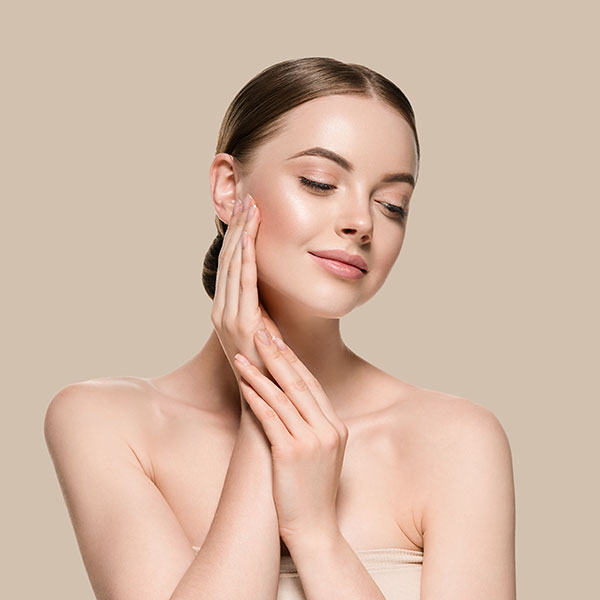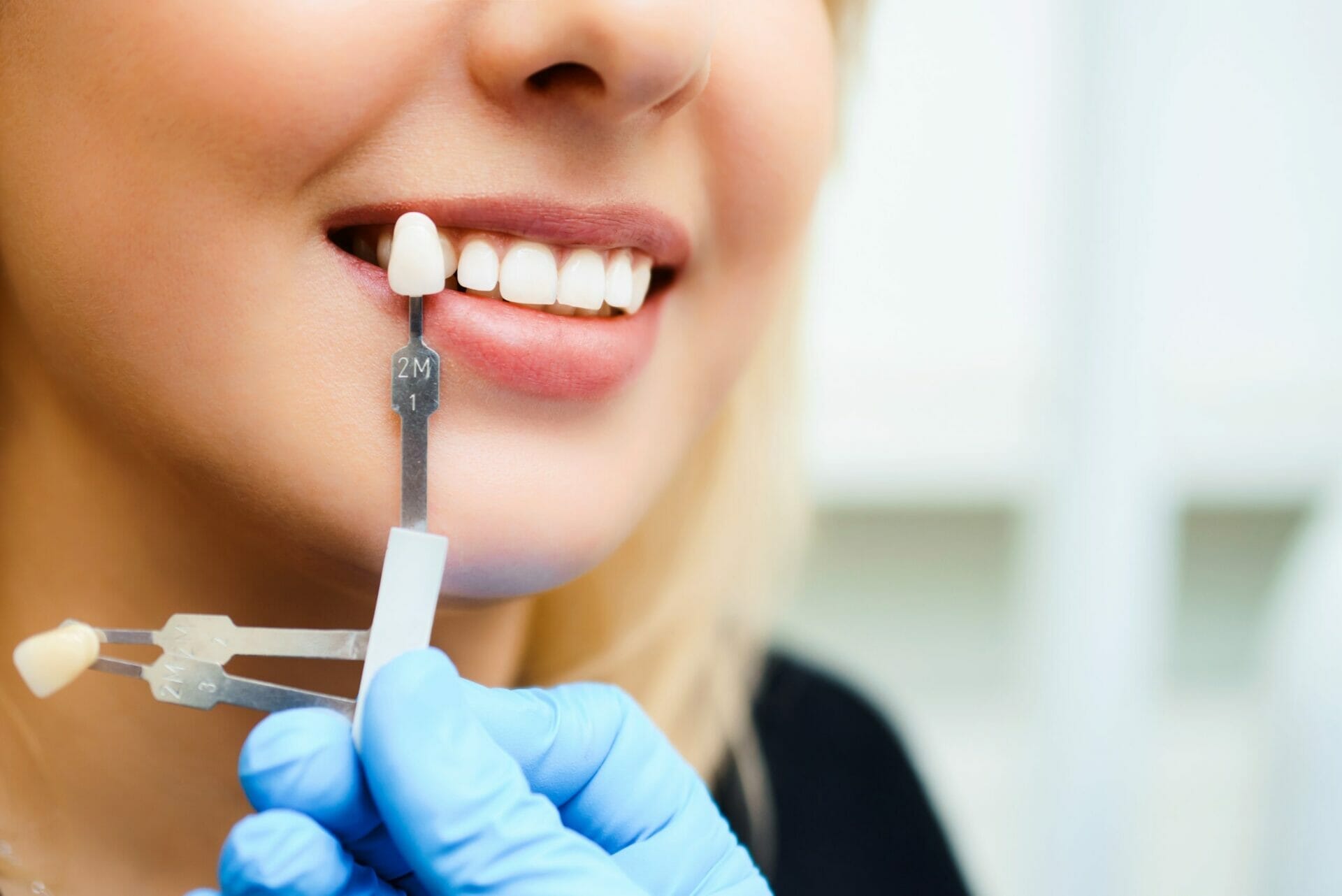
Everything You Need To Know About Migraine
 Posted On
Posted On
A migraine is a kind of headache caused by a neurological imbalance that produces discomfort on one side of the head or brain. The discomfort of a migraine headache may vary from mild to severe, but it is generally throbbing and powerful. A migraine headache is frequently strong and recurrent, and sensory warning symptoms may or may not be present.
Migraines are divided into two categories: migraines with aura and migraines without aura.
Table of Contents
Migraines Without Aura
A migraine without an aura is a headache that strikes without warning. This is one of the most prevalent types of migraines, in which patients have no symptoms previous to the attack but suddenly suffer throbbing pain in one portion of their head.
Migraines With Aura
A migraine with aura is characterized by a headache that is preceded by warning symptoms. Confusion and perplexing thoughts, flashing lights, and other visual problems such as seeing strings on objects, not being able to see a part of an object, the sensation of being exposed to a bright camera flash, zigzagging lines, blind spots, and other similar sensations are examples of these warning signs. Some people may have numbness or tingling on their skin, stiffness in their shoulders and necks, trouble speaking, and other symptoms during a migraine headache.
Reasons Behind Migraine
Migraines have yet to be definitively linked to a cause, however some circumstances have been linked to the onset of a migraine headache episode. Because everyone’s body operates differently, these elements may vary from person to person. Listen to the following factors that are most likely to create a migraine:
Dietary Modifications
Foods containing the addition tyramine, as well as the fragrance of cheese, wine, chocolate, citrus fruits, and foods containing the ingredient tyramine, are claimed to produce intense headaches. Smoking, as well as other behaviors such as irregular mealtimes and dehydration, may cause a headache.
Physical Factors
Migraines are linked to strenuous activity, exhaustion, poor or inadequate sleep, and bad posture, which may cause shoulder or neck discomfort and stiffness.
Emotional Aspects
A migraine headache may also be triggered by stress, melancholy, worry, shock, or enthusiasm. Migraines are more common in women during menstruation owing to hormonal imbalances and mood swings.
Factors in the Environment
Strong odors, secondhand smoking, flickering or bright lighting, loud sounds, stuffy environments, crowds, and temperature fluctuations are all triggers for migraine headaches.
What Are The Symptoms Of Migraines?
Migraine symptoms may occur before to the onset of the headache, during the headache, or even after the onset of the headache. Due to diverse bodily reactions, it may differ from person to person. The following are the most frequent signs of a migraine headache:

- Pain in the eyes
- Headache
- Vomiting
- Hammering in the head
What Is The Average Duration Of A Migraine?
Because everyone reacts to stimuli differently, the severity of a migraine for one person may be determined by how his or her body reacts to it. That is why you must be aware of the several elements that must be taken into account when calculating how long migraines continue.
A migraine may last anywhere from 4 to 72 hours, depending on the severity. Some individuals have migraines at least once a week, while others only get them once a year. Some individuals have migraines as early as infancy, while others do not develop migraines until they are far into adulthood.
What is the Best Way to Deal With a Migraine?
There are currently no migraine remedies available. There are, however, a number of home remedies, lifestyle modifications, and drugs that are reported to assist patients with migraine headaches minimize the discomfort and frequency of their attacks.
When suffering from a migraine headache, lying down in a calm, dark area may be beneficial. You may also use a cool cloth on your forehead or massage your scalp and temples to assist relieve the discomfort.
Many individuals choose to treat migraines with effective medications. It is preferable to take medications as soon as a headache appears rather than waiting for it to worsen.
For more info, visit Canada Drugs
















